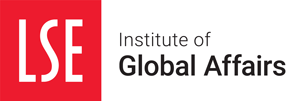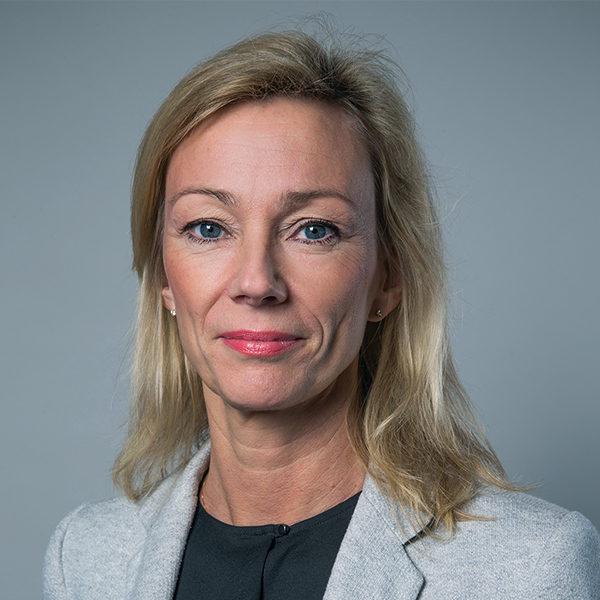LSE

How to Make the Global Financial System Work Better

Surely, we should be able to make the global financial system work better. Financial capital should be steered to where it could do the most good, without having as a side effect that receiving countries from time to time have to go through severe financial crises. Such crises set them back years in terms of economic growth.
The Eminent Persons Group on Global Financial Governance has been tasked with coming up with ideas of how to make the global financial system work better. More specifically, they propose changes to the way international financial institutions (IFIs) work and interact with one another in order for them to become better equipped to promote sustainable growth and financial stability and deal with global threats such as global warming and pandemic diseases. Their report Making the Global Financial System Work for All takes a systemic view and focusses on where changes could make the system as a whole work better.
A key recommendation of the report is to refocus the operations of IFIs from financing investment with their own resources to using those resources to mobilize private capital. The investments needed to achieve sustainable and inclusive development in poor areas of the world are simply too substantial to be financed solely from official sources. The report suggests ways that the IFIs can become more effective in stimulating private investment by reducing and managing risk. It recommends, for example, the creation of new asset classes for private investors by pooling and diversifying risks across the development finance system. The report also emphasizes that risk-mitigating tools should be used to stimulate private investment in low-income countries not only in middle-income countries), which, which tends to be the case today.
The proposals for how IFIs can cooperate better among themselves and with other development partners, for how they can mobilize private capital and focus on managing and reducing risks all seem doable. At the same time, they have the potential to truly improve the development impact.
The report does not propose to revolutionize the global financial system. It rather suggests ways to tweak the system in new directions. This is a strength by making the report’s recommendations viable. But it is perhaps also a weakness by stopping short of proposing reforms that could fundamentally change the way global financial markets are being governed.
To me it seems as if the chosen balance between viability and rather than radical change is roughly the appropriate one in the area of development finance. The proposals for how IFIs can cooperate better among themselves and with other development partners, for how they can mobilize private capital and focus on managing and reducing risks all seem doable. At the same time, they have the potential to truly improve the development impact.

Personally, however, I would have wished for a somewhat more radical approach regarding reforms for global financial resilience. A recurrent problem is the disruption that international capital flows can lead to for open economies. One of the recommendations in the report is that the International Monetary Fund’s framework for policy guidance should enable countries to move towards open capital flows and at the same time manage financial stability. However, it is not at all clear how this could be done. Maybe open capital flows simply come at a relatively high price in terms of risks to the financial stability. How should then the benefits and costs of this openness be judged? There is ample evidence that foreign direct investment brings significant economic benefits, particularly by providing recipient countries with much needed technological knowledge and know-how. But what are the benefits of short-term flows of portfolio investment? This seems to be an especially pertinent question after the experiences during the global financial crisis, when markets that were considered highly liquid suddenly dried up, wreaking havoc on the system. Maybe short-term flows of portfolio investment need to be governed in a fundamentally different way than today. Here, I wish the Eminent Persons Group had provided more guidance by stating their own view on the issue.
The report suggests ways that the IFIs can become more effective in stimulating private investment by reducing and managing risk. It recommends, for example, the creation of new asset classes for private investors by pooling and diversifying risks across the development finance system.
Still, my hope is that the recommendations in the Eminent Persons Group’s report are met with broad support and that steps are taken to implement them. The stakeholders of the IFIs, which are mainly governments around the world, need to focus on what is in their common interest in spite of the fact that they also have many diverging interests. The report can help them do that. Other parts of society, such as the business community and NGOs, need to put pressure on the stakeholders to take action. We deserve a better functioning global financial system and it is high time to do something about it.
Karolina Ekholm served as state secretary at the Swedish Ministry of Finance between October 2014 and January 2019. She was Deputy Governor of Sveriges Riksbank between March 2009 and October 2014. During this time she was on leave from a position as professor at the Department of Economics, Stockholm University. She was a member of the Swedish Fiscal Policy Council from its inception in August 2007 until she was appointed Deputy Governor in 2009. Her research has primarily dealt with international trade and investment. She has published academic papers in the Journal of International Economics, Journal of the European Economic Association, European Economic Review and Economic Journal.